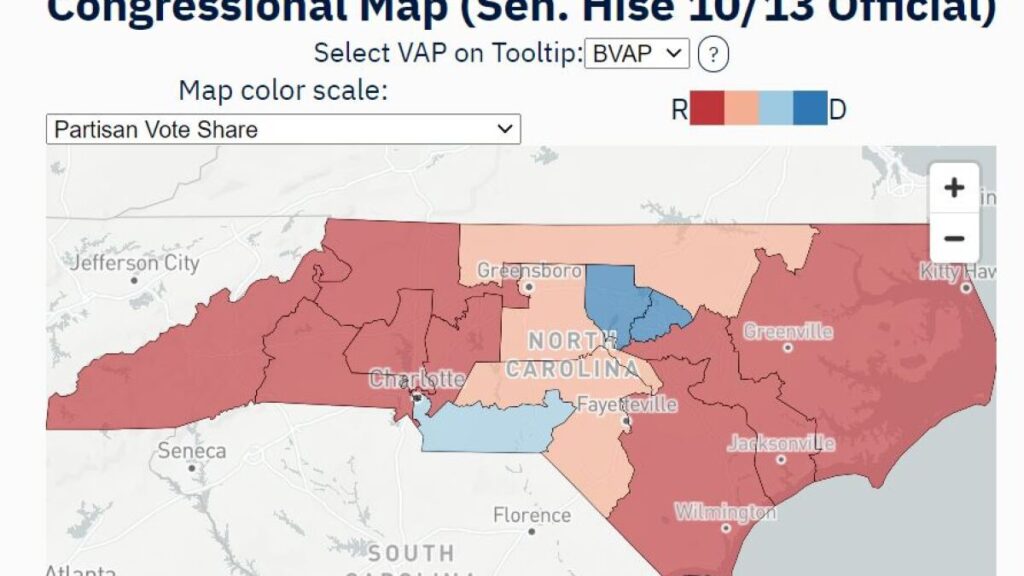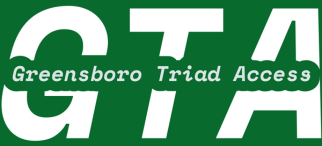
Table of Contents
Politics in large cities is one of the main determinants of the future, and Greensboro NC political demographics don’t make an exception to this. When taking a thought that it’s about the third most populous in North Carolina—with an inhabitation of over 300,000—definitely, Greensboro is definitely a political stronghold able to make huge far-reaching impacts on levels of local, state, and federal government entities.
Greensboro NC Political Demographics: Overview
The political demographics in Greensboro, NC, represent a city that goes deep into the question of governance. Herein, local elections and political representation gave birth to the prospering of the related pillar of the community. The local government structure of Greensboro is that of a council-manager form of government, wherein the Mayor of the City, led by eight members of the City Council, develops key decisions about the policy front and where the elections are conducted biennially to hand down the power of leadership development to the ones most deserving—the residents of the city.
The Greensboro NC political demographics reflect that the political administration in the place has people from all walks of life. Together with the Mayor, it consists of five district-elected members and three at-large members who are elected for a four-year tenure. Such a structure assures representatives that every area in the city gets one, and therefore, local government tends to be so much more inclusive and responsive.
The Council is, therefore, the policy-making body, with the policies enforced by the Council-appointed City Manager, who has been entrusted with the direction and administration of city departments responsible for day-to-day operations. Top leadership within the Greensboro city government includes current Mayor Nancy Vaughan.
The Effects of Greensboro NC Voting Systems on Political Racial and Class Demographics
The Greensboro voting system in NC political demographics takes after the state’s model: paper-based with electronic machines utilized for the tabulation. A process that ensures maximum transparency and reliability within the voting process; it’s very basic in building up some kind of trust in the system of election. On the other hand, Greensboro makes provisions for early voting, mail-in voting, and curbside voting. This way, every citizen, according to his/her need and convenience, can be appropriately involved in the city’s politics.
Key Factors Influencing Greensboro NC Political Demographics
Several factors, of which demographic change, technological, and economic issues may be representative inputs, make up the Greensboro NC political demographic setting. Consider, for example:
Demographic Change: Greensboro has become diversified over the recent past, whereby nowadays, the community is made up of a more significant mix of perspectives in a political conversation. That diversification gave way to a political space inclusive and representative of a variety of diverse ideas and ideals.
Technology at Work: Development in digital platforms has had a huge effect on how people engage in Greensboro politics. By increasingly linking people, digital media is now being used as a means for expressing opinions in discussions, campaigning for candidates, and agitating for change.
Economic Issues: Greensboro boasts a strong economy, although a number of economic problems still arise in this area, shaping the political landscape of this city. Some of the central political debates are concerns revolving around job growth, ever-increasing healthcare costs, and the ways to retain affordable housing—all problems that the voters expect their politicians to resolve.
Key Greensboro Politicians
Influential figures in Greensboro NC political demographics include former U.S. Senator Kay Hagan, Congressman Howard Coble, and the current Lieutenant Governor, Mark Robinson. While such types of leaders have been influential in terms of state and national politics, they really represent and underpin the city’s importance in the wider political scene.
Conclusion: The Future of Greensboro NC Political Demographics
Understanding Greensboro’s political demographics is one of the things one has to understand to fathom the real face of its politics. From a heterogeneous electorate to technology and economic issues as powerful influences that strike a balance in Greensboro’s political face, one can find dynamism and flawless changes. Ambitiously, the growth and diversification of the city would call for obviously large parts to be played by political systems and governance in shaping its future.
Join our growing community by subscribing to our platforms and becoming a member of the Greensboro Triad Access Facebook group. Be part of a community that values meaningful connections, exciting opportunities, and powerful storytelling. Together, let’s stay informed, inspired, and empowered!
Best Regards,
Donate now and help us continue to bring valuable content and opportunities to our community. Thank you for your support!
